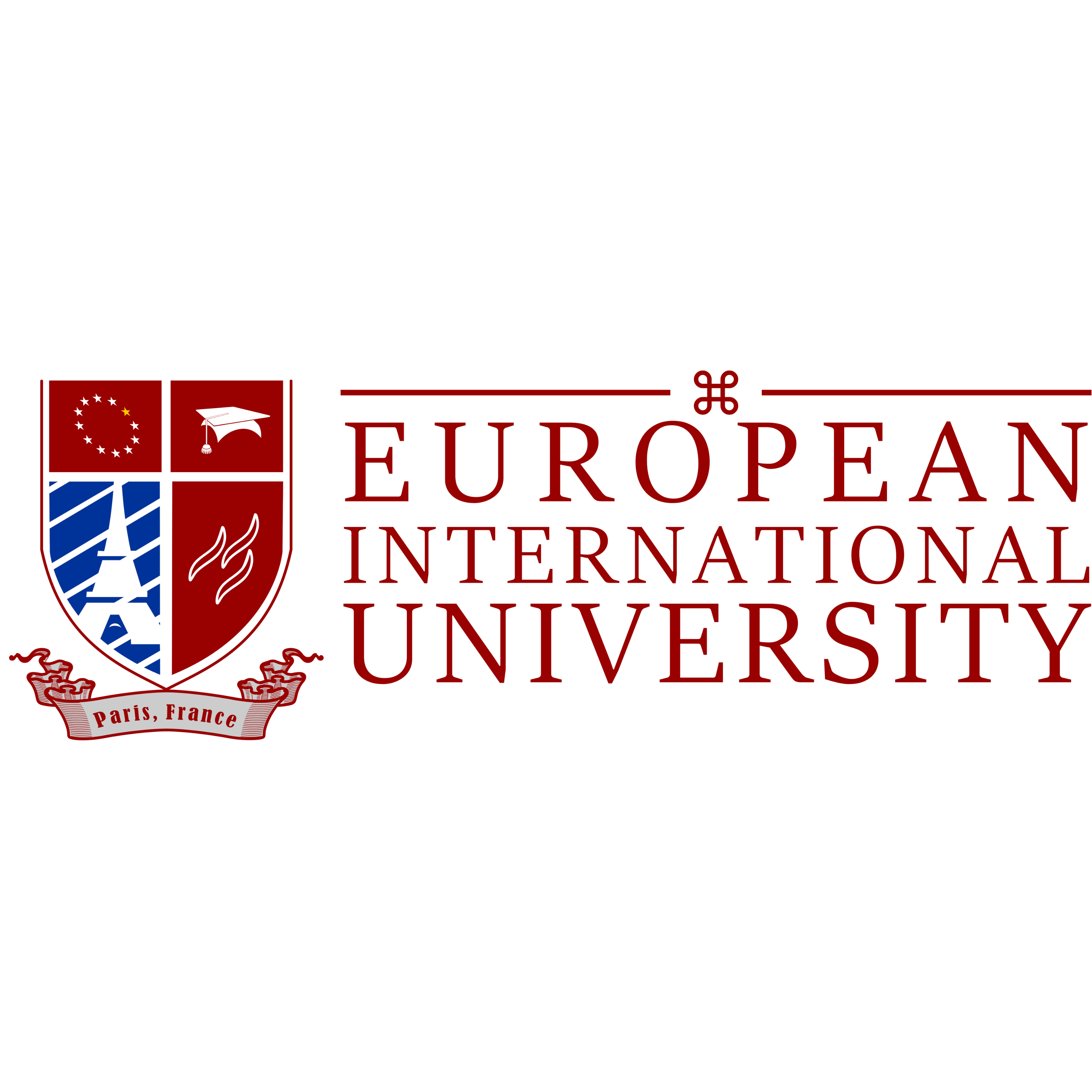
The Doctor of Education (Ed.D.) is a terminal professional degree tailored for experienced educators, administrators, and leaders who aim to transform educational systems through evidence-based practice. Unlike a Ph.D. in Education, which typically focuses on theoretical research, the Ed.D. emphasizes applied research and practical leadership. The program equips candidates with the skills to address real-world challenges in K-12, higher education, and other learning environments.
Students engage in advanced study of educational leadership, curriculum and instruction, organizational change, and educational policy. They also develop expertise in qualitative and quantitative research methods, allowing them to implement data-driven solutions that improve teaching, learning, and institutional effectiveness. Many Ed.D. programs culminate in a dissertation or capstone project that tackles a pressing issue within the candidate’s professional context.
Ideal for school principals, district leaders, academic deans, curriculum directors, and education consultants, the Ed.D. prepares graduates to take on high-impact roles that shape the future of education. The degree also suits professionals working in governmental and non-profit educational organizations, where leadership and policy-making are central to success.
Ultimately, the Ed.D. blends theory with practice to create dynamic, visionary leaders who can guide institutions through change, promote inclusivity, and foster continuous improvement in education. It is the preferred path for those who wish to lead with purpose, backed by research and real-world insights.